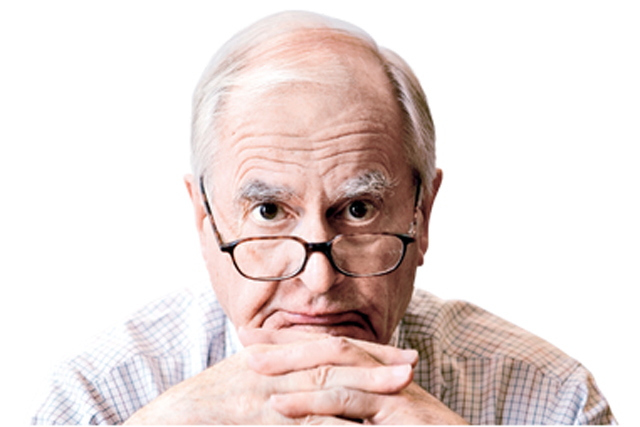Oh, yes. But only if Coca-Cola is certain that the publicity generated by this decision would have a more beneficial effect on sales, profits and reputation than if the marketing budget had been spent on conventional marketing. (The beneficial effect on the environment would, of course, be a great deal harder to evaluate but of less immediate interest to Coca-Cola.)
Artificial intelligence is taking over the world. Is it going to rule advertising too? How can I get ready?
You may or may not be aware of the Loebner Prize. It’s awarded every year to the chatterbot (chatterbots are AI computers) that gets closest to convincing objective judges that it’s a human. The contest is based on a version of the Turing Test (see Andy Nairn last week): judges pose the same questions, on screen, both to the competing chatterbots and to real humans. The chatterbots respond artificially; the humans respond humanly. The judges see nothing and know nothing other than the text of the responses; they must base their verdict on those responses alone.
Since 1990, many different chatterbots have come close to convincing the judges that they were human but none has succeeded. $100,000 in prize money awaits the first chatterbot that judges cannot distinguish from a real human. Twenty-five years on, it has yet to be awarded.
So far, so good. But why?
The human being who thwarted the chatterbots this year was asked what he was able to do that the chatterbots couldn’t. He said that they were at least as successful as he was on memory, calculation, understanding, deciphering, general knowledge – and so on. But he revealed that his answers contained evidence that he had "a theory of mind" while those of the chatterbots did not.
In many ways, a theory of mind is a posh way of talking about empathy. It’s the ability of one human being to see things through the eyes of another; to impute mental states to others and, crucially, modify one’s own behaviour as a result. Humans can do this; chimpanzees can nearly do it; it seems that AI (so far) can’t.
And this, for those of us who work in advertising, should be greatly reassuring.
In her 1996 BBC Reith Lectures, Professor Jean Aitchison said: "An effective persuader must be able to imagine events from another person’s point of view. In fashionable jargon, he or she must have ‘a theory of mind’."
So we may be safe for a few years yet. And if you want to keep redundancy still further at bay, keep brushing up on your empathy.
I can’t help but note that, as an industry, we are all guilty of celebrating innovation only when it has been proven to be successful. Is there any way to change our approach?
I’m not sure what you’re suggesting. Isn’t it better to see how Betamax pans out before giving it the high fives? People who launch things – and those of us who help them launch things – have to be uninhibited in their commitment and enthusiasm; and quite right too. But, in doing so, we leave ourselves exposed to the real possi-bility of looking foolish. I can see absolutely no good reason to expose ourselves to the real possibility of looking foolish on behalf of other people – particularly if those other people happen to include competitors.
Innovation means the introduction of something new. The introduction of something new either involves risk or it isn’t new. Why should I celebrate the arrival of the Sinclair C5 when I can watch warily from the touchlines and see if it flies? (You can still see one at the Beaulieu motor museum or buy one on eBay for £14.99.)
I have accidentally forwarded an e-mail from my boss insulting a client to said client. Should I confess?
As you’ve already discovered, there’s no need to. And, before you ask, I’ve no idea what you should do next.
Do you ever worry that you won’t have any advice left to give?
All the time. But, luckily, people keep asking me the same questions.


